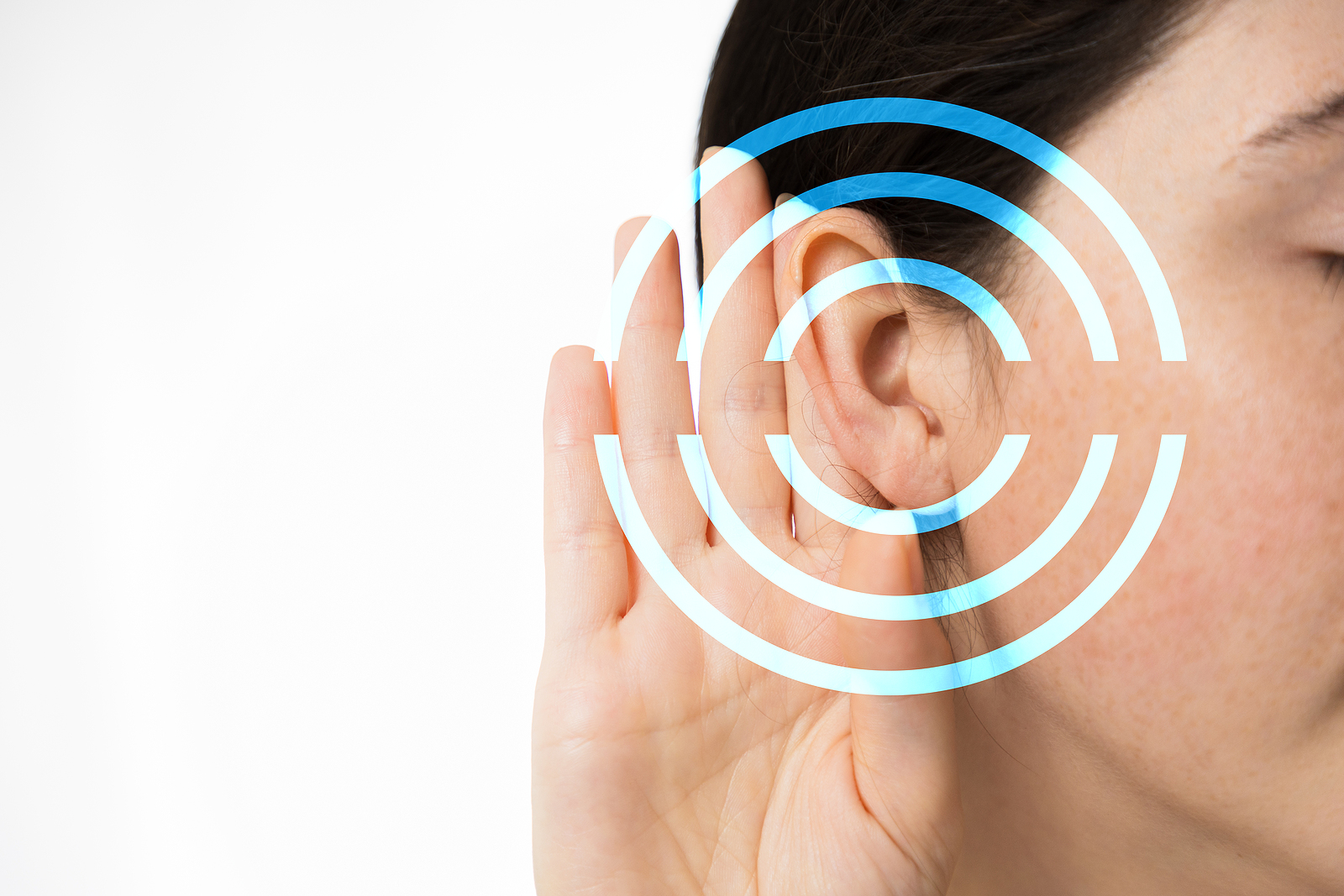
Tinnitus affects millions of people worldwide, impacting daily life in subtle and profound ways. This condition results in hearing a sound with no external source. Most often described as ringing, it varies in tone from person to person. While some experience a roaring or buzzing, others hear clicking or hissing.
What Causes Tinnitus?
Tinnitus itself isn’t a disease but a symptom of an underlying issue. Several factors contribute to its development. Most often, tinnitus stems from hearing loss. Age-related hearing loss, or presbycusis, is common. Yet, exposure to loud noises can also damage the tiny hair cells in the inner ear. These cells are critical for sending sound signals to the brain. As they deteriorate, they sometimes misfire, causing a phantom sound.
Sometimes, ear infections or blockages in the ear canal can cause tinnitus. A buildup of earwax, fluid, or even dirt can increase pressure, altering how sounds are processed. Certain medications can lead to tinnitus as a side effect. High doses of aspirin, antibiotics, anti-inflammatory drugs, and some cancer medications can contribute. Always consult with a hearing health professional before changing any medication regimen.
Other health problems may play a role. Conditions like high blood pressure, diabetes, or stress can contribute. Even head injuries can result in occasional or persistent tinnitus.
How Does Tinnitus Affect Someone’s Life?
Tinnitus’s effect on individuals varies greatly. For some, it remains a minor annoyance. For others, it can become a serious disruption. The persistent noise can create difficulties in concentrating or falling asleep. With background noise absent, the ringing becomes more noticeable, making relaxation challenging.
Sometimes, tinnitus triggers emotional responses. Anxiety, stress, or depression may follow persistent tinnitus. The constant noise can be exhausting, leading to feelings of frustration or helplessness.
How is Tinnitus Diagnosed?
Determining the cause of tinnitus requires a professional evaluation. A hearing health professional often performs this assessment. Hearing tests measure how well different sounds are heard, helping pinpoint any hearing loss that might contribute to tinnitus.
Tips for Living with Tinnitus
Adapting to life with tinnitus requires some adjustments and self-care strategies. Reaching out to support groups or counseling services provides emotional encouragement. Sharing experiences with others can help relieve any feelings of isolation. Mindfulness techniques, like meditation, also help reduce stress. This practice focuses on staying present, diverting attention from the noise.
Conclusion
Understanding tinnitus and its effects allows individuals to seek effective management strategies. With the proper support and treatments, many find ways to adapt and improve their quality of life. Before pursuing any intervention, consulting hearing health professionals like us ensures access to suitable options and guidance, paving the way to relief and comfort.
